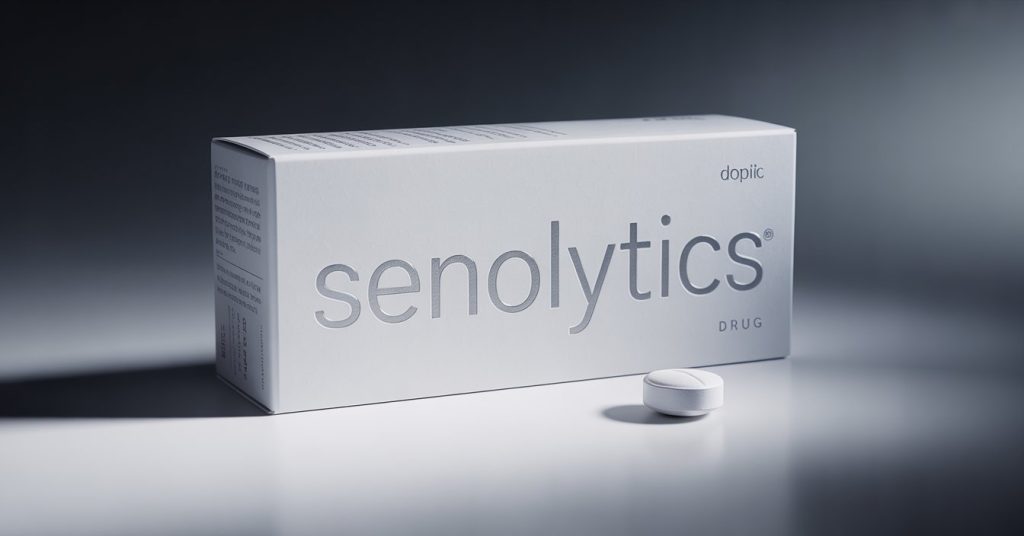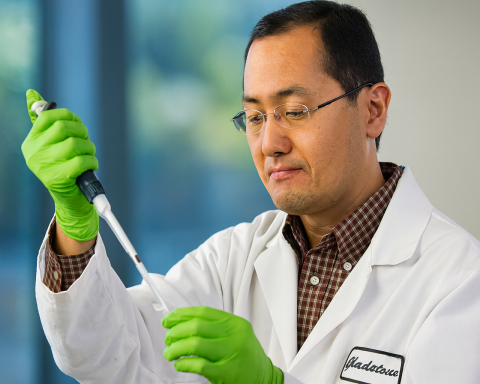
Os Secretos Assassinos de “Células Zumbi”: Drogas Senolíticas Específicas Combatendo o Relógio do Envelhecimento
Em 2015, uma equipe da Mayo Clinic e do Scripps Research mostrou que uma combinação de dasatinibe e quercetina elimina seletivamente células senescentes em camundongos idosos, melhorando a fragilidade e a função cardíaca. Os senolíticos de primeira geração incluem dasatinibe e quercetina
